What Does CBD Do? Exploring the Effects and Benefits of Cannabidiol

Cannabidiol (CBD) has captured the interest of millions around the world. It is renowned for having potential therapeutic properties and the ability to provide relief without psychoactive effects, unlike its well-known cousin, THC. But what exactly does CBD do?
Understanding CBD
CBD is one of over a hundred cannabinoids found in the Cannabis sativa plant. Unlike THC, CBD is non-intoxicating, which means it won’t make you feel “high.” It’s extracted primarily from the hemp species of the plant, which is rich in CBD and low in THC. This makes hemp-derived CBD products federally legal in the United States and many other countries, provided they contain less than 0.3% THC.
How Does CBD Work?
CBD engages with the body’s endocannabinoid system (ECS), a network within the body that helps maintain equilibrium and regulate essential bodily functions, including pain, mood, appetite, and sleep. Unlike THC, which binds directly with cannabinoid receptors, CBD influences the ECS indirectly. It helps enhance the levels of endocannabinoids and affects other biological pathways, which is why it is believed to have a wide range of potential health benefits.
Potential Health Benefits of CBD
- Stress and Anxiety Relief: One of the most common uses of CBD is to manage stress and anxiety. Studies suggest that CBD can help reduce anxiety by modifying the brain’s response to the serotonin levels in the body.
- Pain Management: Popular for its anti-inflammatory properties and ability to help manage pain, it can be particularly beneficial for conditions that cause chronic pain, such as lupus and arthritis, by reducing inflammation and alleviating pain signals.
- Improved Sleep: Many users turn to CBD to help improve their sleep. It can address the root causes of insomnia, such as anxiety or chronic pain, leading to a more restful night’s sleep.
- Neuroprotective Properties: Preliminary research shows that CBD’s ability to act on the ECS and other brain signaling systems may benefit those with neurological disorders, particularly epilepsy and multiple sclerosis.
- Support Heart Health: Emerging research indicates that CBD may help reduce high blood pressure and decrease the risk of heart damage, positively impacting heart health.
How to Use CBD
CBD is available in several forms. The choice of product depends on your preferred method of consumption and the intended use:
- Oils and Tinctures: Ideal for precise dosing and fast action, particularly when taken sublingually (under the tongue).
- Softgels and Edibles: Best for sustained release and longer-lasting effects, suitable for those who prefer discreet consumption.
- Topicals: Used for localized relief from pain or inflammation, applied directly to the skin.
Safety and Side Effects
CBD is generally well-tolerated, but it can cause side effects in some people. Common side effects of CBD use include fatigue, changes in appetite, and gastrointestinal issues. Make sure to consult your healthcare provider before starting CBD, especially if you’re taking other medications.
So, what does CBD do? It provides a natural alternative for managing various health issues, from anxiety and pain to improving sleep and potentially supporting heart health. As research continues to grow, the understanding and application of CBD will evolve, potentially unlocking more of its promising therapeutic properties. If you’re considering adding CBD to your wellness plan, start with a low dose and gradually adjust based on how your body reacts. Select high-quality products from reputable manufacturers to guarantee safety and effectiveness.
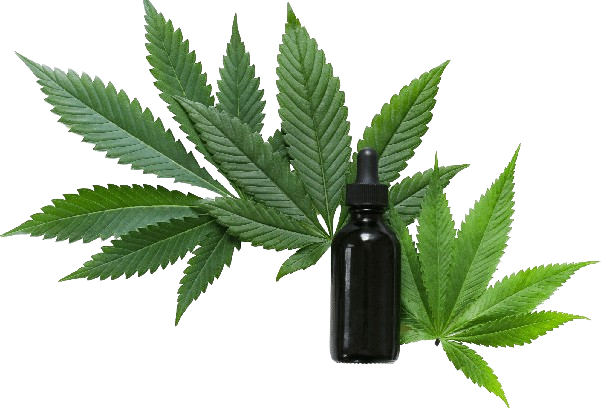 Join our Wellness JourneySign up for our newsletter and get wellness tips, recipes, and discounts directly to your inbox. |
What Our Customer Say

“Great way to incorporate into my daily routine with vitamins and everything else.”
~ Rebecca M.
CBD Softgels: 900mg
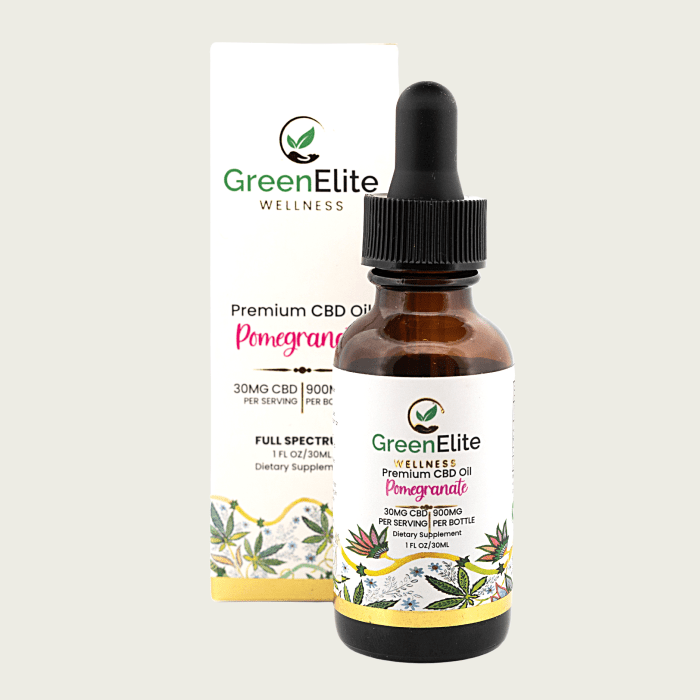 Premium Organic Full Spectrum CBD Oil: Pomegranate 900mg 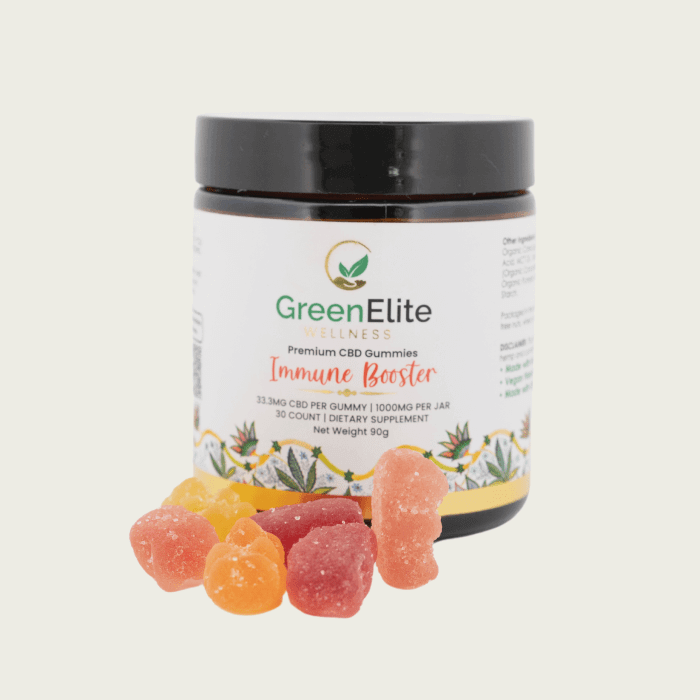 Immune Booster CBD Gummies: 1000mg 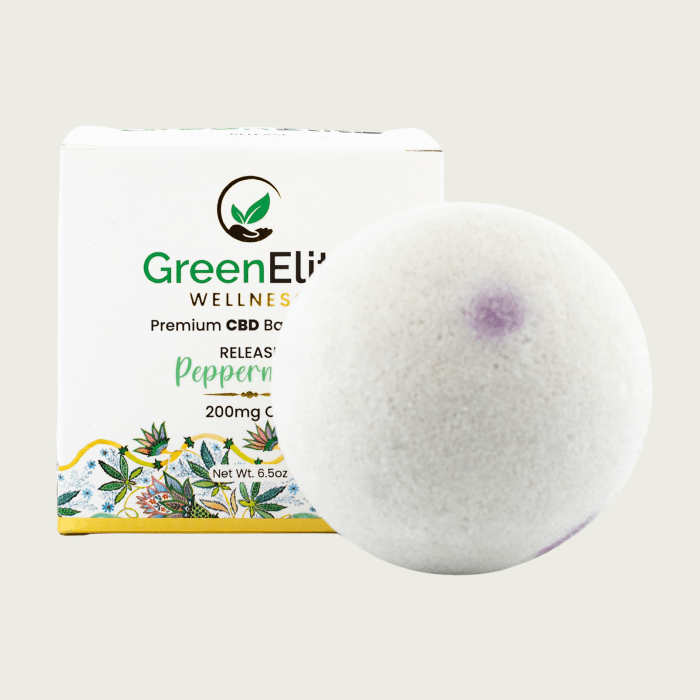 200mg Pure CBD Bath Bomb : Peppermint 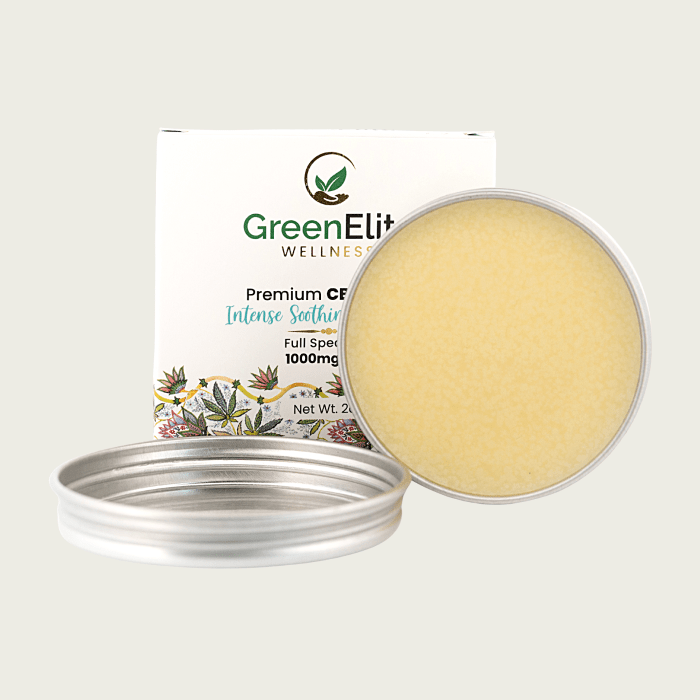 CBD Salve: 1000mg |
